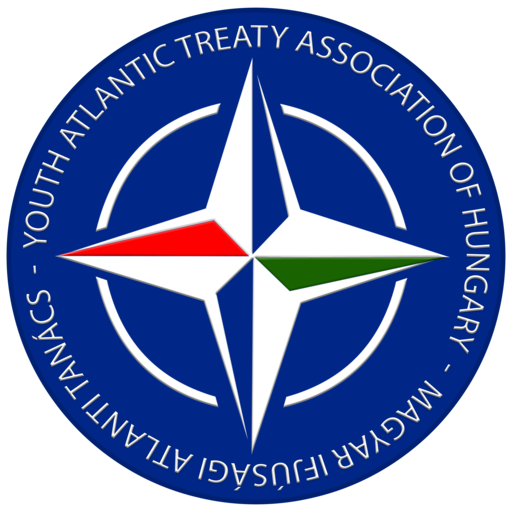The public lecture organized by the Hungarian Atlantic Council and hosted by Dr. Péter Wagner on 20th May entertained the challenges and possibilities of Afghanistan after the withdrawal of the international forces. Despite the country’s rich history of foreign interventions, Afghanistan does not seem to find a way to escape the power politics of the region.
Albeit not playing a particularly important role in world politics, the Afghan soil has witnessed the third foreign engagement within two centuries. The British-Russian great power rivalry unfolding in the 19th century, the Soviet intervention to support the local communists, and the U.S. invasion as a reprisal for the 9/11 attacks indicated that that Afghanistan was rather the instrument than the goal of the international forces to assert their interests.
This became even more evident with the beginning of the war against Saddam Hussein and the redeployment of American soldiers to Iraq in 2003. The shift of focus called for a wider engagement of the international community and resulted in the launch of the International Security Assistance Force (ISAF) mission mandated by the United Nations Security Council. Upon the request of the Afghan government, NATO overtook the command of the mission, which elevated the conflict in Central Asia into the center of the transatlantic agenda.
However, from 2009 – the period characterized by the recommitment of the US – the priorities did only rhetorical lay on the democratization process and the fight for human rights, the substantive negotiations centered around seeking the opportunities of withdrawal. This millieu, and the end of the ISAF operation contributed to the revitalization of the Taliban strength – the situation seemed looping back to the beginnings of the intervention. The silver lining emerged with the peace agreement brokered by Donald Trump in early 2020 which promised an effectively unconditional withdrawal of the international forces. As the 1st May 2021 deadline could not be met, the Biden administration broke the agreement and extended the pull-out to the symbolic date of 11th September.
Although the international community is relieved by closing the 20 year long Afghan chapter, the story does not seem to be ending soon. Governments and experts observe the first steps of the Afghan government with well-founded concerns. As 30 to 50% of the country is already under Taliban control, the question is open for both the Afghan government and the international community: how to accommodate them into the current political system without evoking tensions? While the lack of negotiations between the government and the Taliban seem to strain their relations, the neighboring countries are tending towards a more balance-seeking approach. Iran, China, Pakistan, and the Russian Federation are attempting to lay down the grounds for cooperation with the fundamentalist movement in the hope that treating the Taliban as equal partner will prevent Afghanistan to becoming a safe harbor for terrorism again.
This priority corresponds to the Western interests, preventing the revival of terrorist groups possessing capabilities to deliver attack on allied countries is primary of importance. For this reason, the international community will continue sponsoring the Afghan government which is heavily relying on the foreign support. The question of the Afghan future will gain a new momentum after the Western assistance to the local government ceases and Taliban sense the opportunity for a takeover.
In such a case, all concerned states will regain their interests in Afghanistan and will attempt to shape the power relations according to their self-interests. Although the history of Afghanistan just closed an act of foreign intervention, it is well feasible that it only arrived to a break in the play instead of the finale.
Cover photo: FILE — Paratroopers assigned to the 3rd Brigade Combat Team, 82nd Airborne Division, secure a helicopter landing zone for a CH-47 Chinook on July 20, 2019, in Kandahar Province, Afghanistan. (Thomas Cieslak/U.S. Army)
